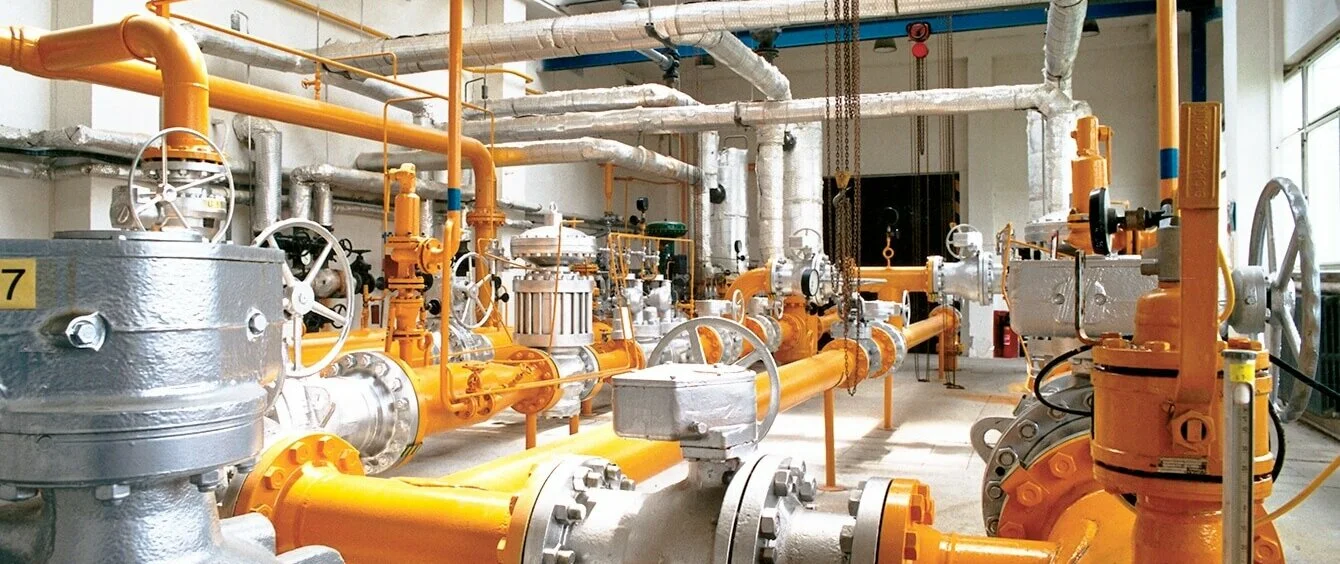Synthetic gases can play a key role in helping to cut CO2 emissions to hit climate protection targets. This solution is possible with relatively low investment costs and works for the entire range of applications.
The principle has long been known and is a classic part of chemistry lessons: Using electricity, water is broken down into its components, hydrogen and oxygen. The process is called electrolysis, and it may play a central role in the energy transition, because it can be used to harness electricity from renewables to produce synthetic methane, known colloquially as ‘natural gas’.
Especially in periods when the generation of green electricity exceeds demand, this technology – also referred to as power-to-gas technology (PtG) – could be used to store wind and solar energy which would otherwise go unused.
A market-driven solution
The use of such synthetically produced fuels could significantly reduce the costs associated with achieving Germany’s climate goals by 2050. This was demonstrated by researchers at the Cologne institute ‘ewi Energy Research & Scenarios’ (ewi ER&S), based on two scenarios: The scenario entitled ‘Evolution’ involves a technology-neutral redesign of the German energy system, which uses natural gas and increasing amounts of synthetic natural gas. In the scenario ‘Revolution’, electrification of the energy markets is achieved by regulatory means.
According to the researchers’ findings, a reduction of Germany’s greenhouse gas emissions by 80 to 95 percent by 2050 compared to 1990 as the reference year would cost around 140 billion euros less if a technology-neutral approach were adopted.
Gas is already here and offers flexibility
One advantage of gas is that it can replace other energy sources such as oil and coal relatively easily, for example in automobiles or electricity generation. The advantage for the environment is that using gas results in lower emissions than its fossil fuel peers. According to the ewi study, the gas network has particularly great potential in helping to ensure a sustainable supply of energy. The reason for this is that the infrastructure is already available almost everywhere. Effective use of this infrastructure would mean that far fewer new power lines would have to be built.
The authors of the study argue that gas can be used flexibly in various sectors. Modern gas-fired power plants can generate electricity with it efficiently, and almost half of the households in Germany use it as a source of heating energy. The use of gas as a fuel is also gaining ground in the market.
With regard to the heating market in particular, the study identifies the advantage that the user equipment and infrastructure are already in place. Sustainably produced ‘green’ methane is almost identical to conventional natural gas in chemical terms and can be used in gas heating systems without any need for equipment retrofitting. The authors explain that the replacement of existing, older gas boilers with new, more efficient models would also be less expensive than massively expanding the use of heat pumps as part of a shift towards electrification.
Economic assets are preserved
Using the gas network to store the energy from renewables would also preserve economic assets, according to the researchers of ewi ER&S. Because in contrast to new power lines that would have to be built, much of the gas network has already been amortised. If thorough electrification led to a steep decline in gas sales (a decline of 75 percent is postulated in the ‘Revolution’ scenario), network operators would actually run into financing problems, since revenues from network fees would slump as a result of the lower gas sales.
The analysts found that if the costs had to be borne by a smaller number of users, network fees would increase by a factor of four. With the continued use of natural gas and an increasing share of synthetic gas, utilisation of the gas grid would remain high and its value would be preserved.
In summary, the authors conclude that the use of natural gas and the utilisation of the gas grid as an energy store for synthetic methane produced from renewable electricity would be a cost-efficient path for society to hit the ambitious climate protection targets and lower German CO2 emissions in the long run.
